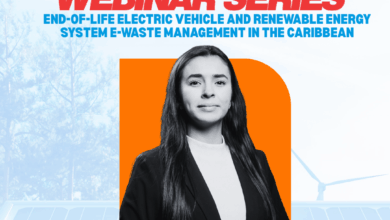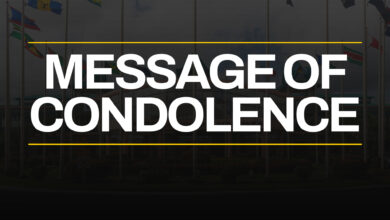GEORGETOWN, Guyana – At the end of last month, a high-level international panel, which had been meeting under the auspices of the United Nations to look at the world beyond the 2015 end of timetable of the Millennium Development Goals, submitted its report to that body. The 27-member panel—14 women and 13 men—as internationally diverse as possible and jointly chaired by UK Prime Minister David Cameron, Liberian President Ellen Johnson Sirleaf and Indonesian President Dr Susilo Bambang Yudhoyono, has called for global poverty eradication by 2030 along with the transformation of economies through sustainable development.
Its report, ‘A New Global Partnership: Eradicate Poverty and Transform Economies through Sustainable Development’, sets out “a universal agenda to eradicate extreme poverty from the face of the earth by 2030, and deliver on the promise of sustainable development”. ‘Eradicating extreme poverty’, ‘sustainable development’ and ‘economic transformation’ have all become catch phrases that tend to be repeated in reports and at international fora. In this instance, however, it is obvious that there is an understanding and consensus that one follows the other. In other words, to eradicate extreme poverty there must be economic transformation and sustainable development; and vice versa.





